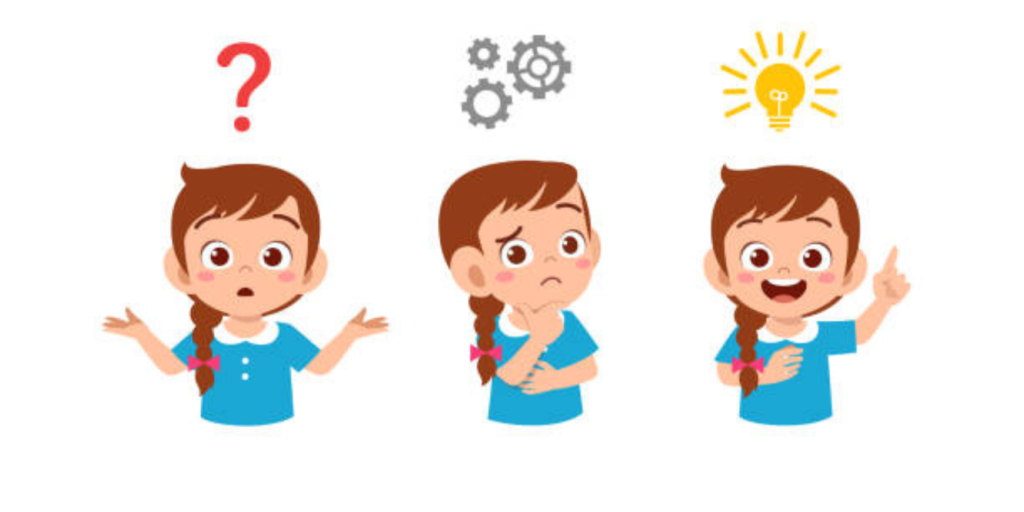Every child faces challenges and opportunities during their journey through life. Decisions made during these times can have lasting impacts on their future success. It can help them handle difficult situations, new experiences and professional challenges with ease, without compromising their mental health. If they don’t have good decision-making skills, they might be more likely to act on impulse. Often, decisions made without thinking can have negative consequences. It’s important for children’s to learn how to make good decisions, since this will help them be more aware and successful adults.
As a parent, it is your responsibility to decide what your toddler eats and wears. However, as they get older, it is important for them to have some control over their own lives. For instance, they can start picking up their own clothes and choosing what they want for breakfast. If you believe that your child is responsible enough to handle money, you can give them pocket money to manage and let them figure out how to spend and save. Some examples of proactive decision-making that a child needs to learn are listed below.
You can either choose to impulsively come up with solutions or go through the process of listing down the pros and cons. Your answer to why decision-making is so important in life starts here. By thinking about the best possible solution and working to achieve that outcome, we can reduce the chances of disappointment happening. The bottom line is that decision-making skills involve thinking rationally about what is best for you, based on your own motivations and what might be best for the outcome.
Result-oriented thought process
When you allow your children to make smaller decisions on their own, they learn to think more critically about their choices. This can help them avoid making impulsive decisions that can have negative consequences, such as discouraging them from taking any action at all. However, you should also help them consider the pros and cons of each decision, so that they make choices that will lead them towards a better future. Just be patient and guide their decision-making process, so they don’t make choices without thinking about all the possible consequences.
Develops a considerate attitude
Decision-making is an important skill in management. It helps build responsible and considerate individuals, who can manage small expenses and make sacrifices in a healthy way. For example, you give your child a monthly allowance that includes a library trip and small gifts for their friends’ birthdays. Sometimes they’ll have to save a little bit to buy a birthday present for a friend. This teaches them to think about personal motivations and the consequences of their actions. They also learn to be self-aware and empathetic, which makes them better community members
Reduces disappointments
Choosing your own path leads to either good or bad consequences. When children make their own decisions, they learn to expect both the good and bad outcomes. For example, if your child saves their money but doesn’t buy the toy they wanted, they might be disappointed but they will also learn to be more careful with their money in the future. In order for children to develop empathy, self-awareness and consideration, they need to experience the consequences of their choices, especially when things don’t go the way they planned. This experience will help them learn to make better decisions in the future.
If you want your child to be able to make decisions in the future, you need to start training them now. By learning how to make decisions without hurting other people, they will develop the skills they need to succeed. This takes patience, planning, and repetition, but it’s worth it to see your child make good choices.

